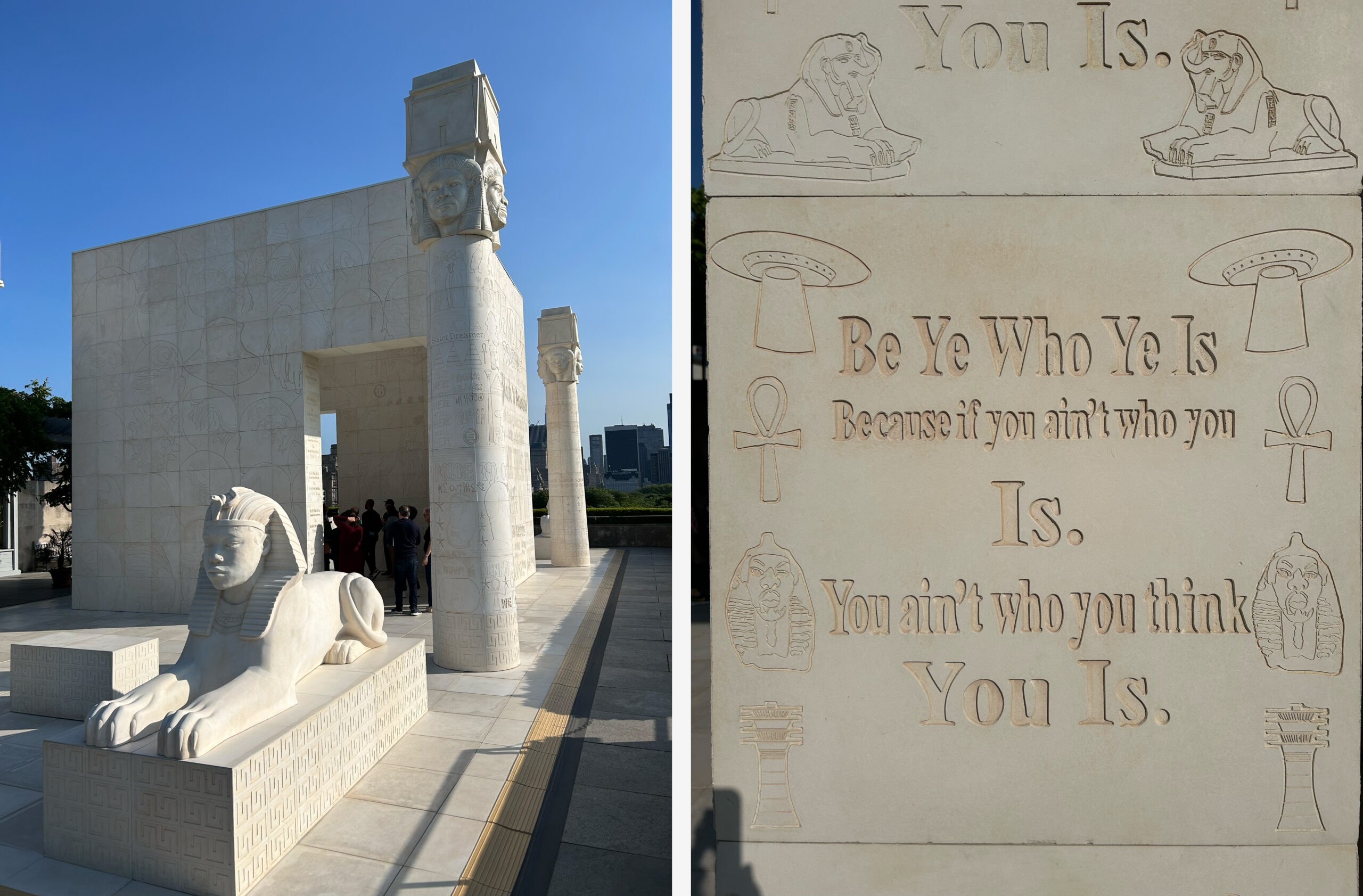How do you spend your free time?
Before you say, “Free time? I don’t have any free time” consider the following. According to the most recent American Time Use Survey even busy people have more free time than they might think—close to four hours during weekdays and more than five hours during weekend days. The biggest chunk of free time is spent in front of a television or a screen. Screens trump socializing, exercising, and pretty much everything else.
The reality is we flitter away hours a day engaged in mind-numbing activities. This creates a perception gap—the feeling that we have no time even though we have quite a bit.
How much free time do we really need?
Authors of a research paper entitled “The Effects of Being Time Poor and Time Rich on Life Satisfaction” found that 2.5 hours per day (for people who work) is ideal. Less than that and we feel stressed. More than that and we feel like bumps on a log—lazy and unproductive. “Though so many people in modern society yearn for more free time in their days to do what they want, they really only need a few hours to enjoy optimal satisfaction in life,” explained the authors. The reality is that most of us already have enough free time. The problem is how we use it.
Time well spent
Why do we gravitate toward devitalizing pastimes like watching TV, surfing the internet, and checking social media, even though most of us recognize that these activities give us a fleeting boost at best? A study, “The Paradox of Happiness,” published in the Journal of Positive Psychology explores this curious behavior. “Because work is often highly demanding, people feel their free time is too precious to risk losing to yet more challenging activities, so they resign themselves to experiencing happiness through easy ‘relaxing’ entertainment,” explain the researchers. These activities even have a name. They are called “demand shielding” because they require little of us physically, intellectually, and socially.
But the relief provided by less-challenging activities is temporary. The moment we return to reality, the stress comes rushing back. It is more beneficial to adopt a more intentional approach which includes activities that provide the sense you are living your life in a full and satisfying way. Effortful activities that stretch the body or the mind may not be experienced as pleasurable in the moment, but when we recall them, we’re more likely to think, Wow, that was awesome! Or That was time well spent.
An antidote for feeling “crazy busy”
If passive leisure is not the answer, what is? A recent poll by the American Psychiatric Association found that engaging in creative activities is a reliable revitalizer. The report found that Americans who rate their mental health as very good or excellent tend to engage in creative activities more frequently than those who rate their mental health as fair or poor.
“Creative activities aren’t just for fun, they can help us take a step back from the daily grind, use our brains differently, and relax. Picking up that paintbrush or solving a tricky puzzle can truly move us to a different mindset,” explained APA President Petros Levounis, M.D.
When asked which creative activities they used to relieve stress and anxiety, adults reported a variety of interests:
- Listening to music: 77%
- Solving puzzles: 39%
- Singing or dancing: 25%
- Drawing, painting or sculpting: 24%
- Crafting: 19%
- Creative writing: 16%
Additionally, 15% attend concerts, 14% create online content for fun, 13% play a musical instrument, 9% visit an art museum, and 11% reported other activities such as gardening or cooking.
I have taken these findings to heart. The creative activities that suit me best are blasting Taylor Swift, doing Wordle and jigsaw puzzles, and going to museums. I recently saw the Lauren Halsey show on the roof of the Met and can say, unequivocally, that it was a mood-booster.

Whatever creative activity you choose, go all in. To get the most out of the experience, resist the urge to check your phone. Whenever we disengage, we turn blocks of time into fragmented time and dealing with streams of time confetti aggravates the sense of being time poor.
Bottom Line: The experience of being “time poor” or “time affluent” is influenced by the choices we make. As Beverly Adamo said, “It’s not about time, it’s about choices. How are you spending your choices?”
I wish you all the best,
Dr. Samantha Boardman






